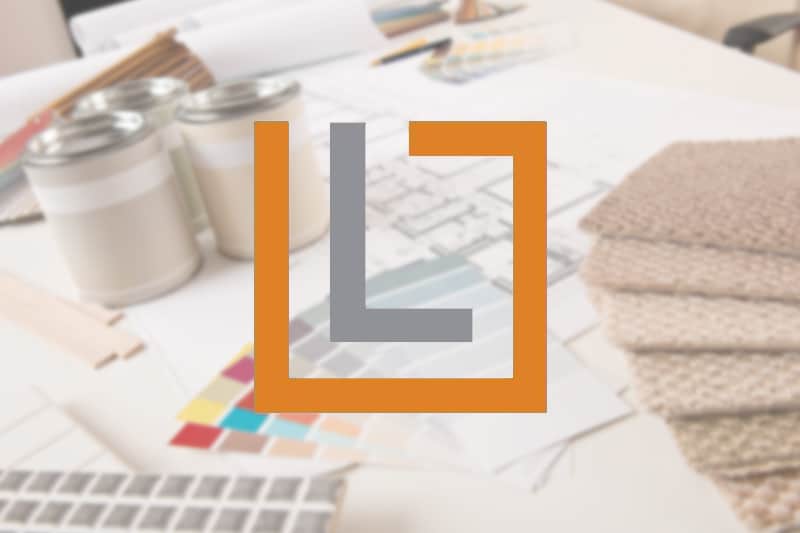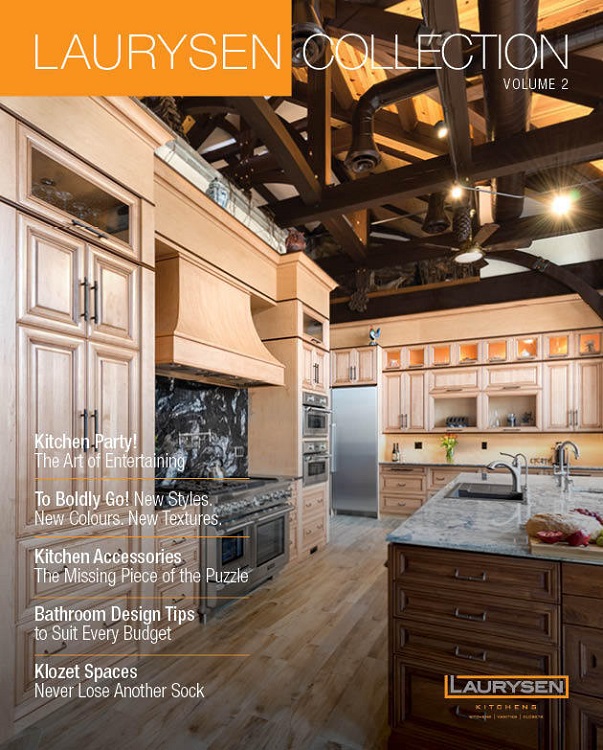Many people think that design begins and ends at colours and shapes. These things are important, but good design is about usability, and to create a usable room your designer needs to get to know the real you.
Here are 10 things you should share with your designer to help them create the best space possible for your needs.
1. Your Family
Your designer needs to know who they’re designing for, because people have different needs at different ages. Do you have small children who are going to need an area where they can safely participate in what’s going on? What about storing step stools so they’re not trying to climb onto counters? Are there elders who will have trouble with large, heavy drawers, with lifting pots full of water, or who will need brighter lighting so they can see properly? We come in all shapes and sizes and abilities, and even standard spaces can be designed with our unique needs in mind.
Don’t forget to mention your pets. Most people want to situate food and water dishes in the kitchen, so having a low-traffic area where pets can eat in peace is a bonus.
2. Your Routine
Do you have a massive weekday morning panic in which 5 people are all trying to get breakfast and get out the door at the same time? Perhaps you have a Friday evening ritual where you and your partner share a bottle of wine and some cheese in peace. Maybe weekends involve a family brunch that no one misses because of your son’s omelettes.
If your designer understands how traffic ebbs and flows in your kitchen throughout the day, they can plan for rush hour much better.
3. How Long You’re Staying In Your Home
This will influence how personal you can make your design. If you’re moving in a few years, your designer will recommend toning down the unique style statements. Most home buyers want light, bright, and neutral colours. A statement wall painted red or covered in wallpaper they’ll have to remove could stand between you and a sale.
4. Your Social Calendar
Are you a hermit or a social butterfly? If you’re social, do you dine out or do you love to entertain at home? Designing a space that’s roomy enough for guests and yet welcoming takes special consideration.
5. The Objects You’re Keeping
If you’re stuck with your current appliances even though you’d rather upgrade, let your designer know. The same goes for your antique kitchen table, or your grandmother’s flour jars. Knowing what they’re working around helps a designer create a space that works with, not against your requirements.
6. Your Pet Peeves
Let it all out! Telling your designer what frustrates you about your current space will help get their problem-solving engines revved up. Information like this is golden. Be specific and share the details.
7. Your Guilty Secrets!
Are you a midnight snacker? Do you buy huge quantities of supplies like the apocalypse is coming and store them for months? Fess up! Those midnight trips to the fridge can be made safer with the right dimmable lighting that’s low enough to escape detection but bright enough so that you don’t trip. That supply hoarding fixation means you’re going to need more storage. These details matter.
8. Your Pinterest Boards
A picture is worth a thousand words, and seeing multiple images of designs you like is priceless. Even if your samples don’t all look the same, a good designer will be able to identify common patterns. These subtle details can help when the time comes to recommend styles and colours.
9. Your Space’s Measurements
Knowing how much room they have to work with is critical to designers. Measure as accutately as you can, and include the dimensions of appliances and islands that are staying.
10. Electrical Outlet Locations
You may have big dreams for your space, but can you power them? Knowing the available power situation can change plans if you don’t have the budget to upgrade your electrical supply.
A kitchen that looks stylish isn’t necessarily successful. Designers need real information in order to create a design that truly works for you and your family.
You can talk to one of our friendly design professionals to share ideas and learn about pricing for your project.

